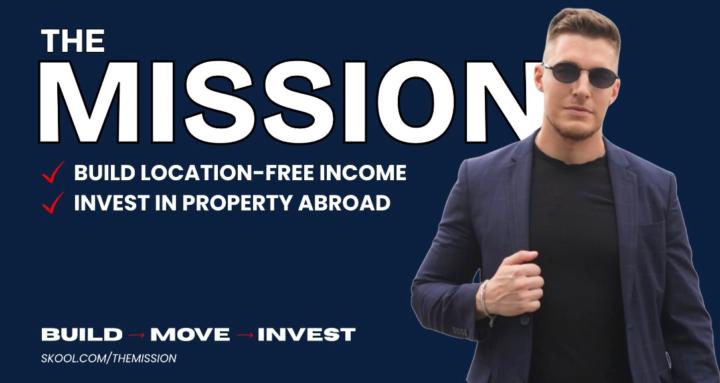Aug 24 (edited) • 🏡 Property Investing
3 Ways To Fund Your First Offshore Property Investment
1. Cash + Currency Arbitrage
- How it works: Earn in a strong currency (USD, EUR, AUD) and deploy it into undervalued emerging markets (Vietnam, Cambodia, Mexico, etc.).
- Why it works: $100K in the West might barely get you a garage. In frontier markets, it can buy a cash-flowing condo or a piece of land.
Example: An American consultant making $10K/month puts aside $30K in 3 months and buys a $120K Da Nang apartment that rents for $1,000+ monthly — a 10% yield.
2. Partnerships & Syndication (Leverage Other People’s Capital)
- How it works: Partner with friends, family, or investors who want exposure to global real estate but don’t know how to execute. You bring the deal, expertise, and on-ground partners; they bring the capital.
- Why it works: Many people are asset-rich but knowledge-poor. If you’re the bridge, you can secure equity or a finder’s fee.
Example: You secure a $200K beach villa in Cambodia. Two partners each put $100K, while you take a 10–20% equity slice for sourcing and managing the deal.
3. Creative Financing (Local + International)
- Local bank financing: Some countries allow foreigners to mortgage property if bought through a local company or with a strong down payment (e.g., 40–50%).
- Seller financing: Negotiate directly with the developer or seller to pay in installments (common in Asia and LatAm).
- International leverage: Tap HELOC (home equity line of credit) or refinance from assets in your home country, then reinvest abroad.
Example: Developer in Mexico offers 30% down and the balance over 5 years, interest-free. You lock in a $150K unit with $45K upfront and let rental income cover the installments.
The key is not just money, but structure: start small with cash/currency arbitrage, scale with partners, and then stack financing once you prove your model.
2
3 comments

skool.com/themission
Currently: Free. Build online income to fund international property deals. Achieve location & financial freedom without debt or startup capital.
Powered by



